The pro metabolic diet has often been a controversial subject. Indeed, it was heavily promoted by celebrities. However, these celebrities were abusing of this diet by deprived their self of many foods. Surely, planning a pro metabolic diet for less than 2 weeks without following it right does have its share of negative consequences and disappointments. Therefore, the secret to a successful weight loss lies in the correct use of a pro metabolic eating. We will go over everything you need to know about living on a pro Metabolic Diet and how to make it work for you.
What is the pro metabolic diet?
The pro metabolic diet is a way of eating that takes advantage of our body’s metabolism. This diet inspires people who are overweight or obese to change their eating habits and physical lifestyle so that they can achieve the healthy body they want. Surely, it is not a diet at all! Eating healthy and including all kinds of food in your meals is the best way to get everything you need for your body and especially for your metabolism. Indeed, the metabolic diet focuses on a varied, nutrient-rich diet that allows you to feel full without depriving yourself. Moreover, a pro metabolic diet tends to avoid and reduce processed foods. Furthermore, it avoids cravings between meals and the yo-yo effect on your weight.
How does the pro metabolism diet work?

The Basal metabolic rate depends on age, genetic factors, height, weight, sex, and thyroid activity. A slow metabolism makes it easier to gain weight, thus hindering the effectiveness of a diet. By opting for the pro metabolic diet, you stimulate your metabolism naturally, with simple nutritional rules, to increase it and burn more calories at rest. Note that your metabolism increases with your physical activity. So, combining regular physical activity with a pro-metabolic diet is recommended for faster and longer-lasting results.
The benefits of a pro metabolism diet

A pro metabolic diet provides many internal and external benefits such as:
- Weight loss
- Visually reduce dimpled skin
- Increase of muscle mass
- More energy throughout the day
- Better moods
- Reduction of stress
- Control blood sugar
- Better digestion
- Improved insulin sensitivity
The types of foods to eat for a successful metabolic diet
A successful metabolic diet boosts your metabolism. Also, the integration of new healthy habits help to accelerate the elimination of fat stored in the body and loss weight. Therefore, pro metabolic eating provide a balance of macronutrients (protein, carbohydrates, and fats) and micronutrients (vitamins and minerals), good fats and fibers while supporting a healthy metabolism and blood sugar balance. Here you will find pro metabolic foods that boost your metabolism:
Almonds and walnuts, allies in your metabolic diet
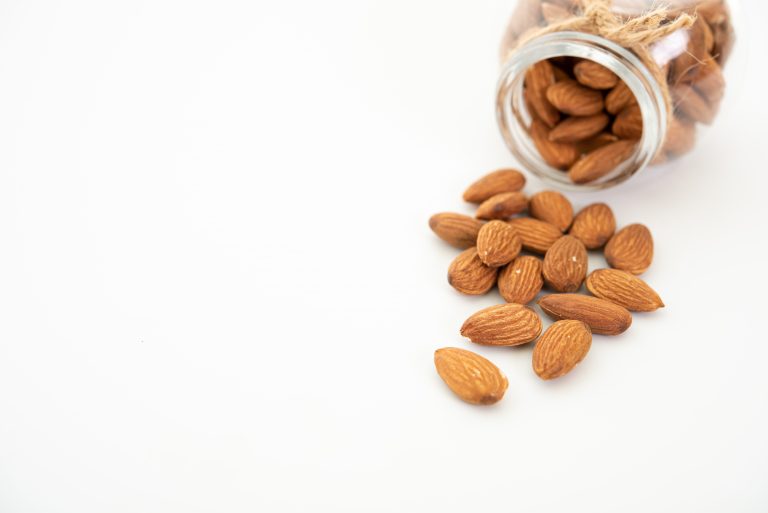
These oilseeds are rich in good fats, which are very useful for boosting your metabolism. Indeed, almonds, walnuts, seeds and other nuts also contain fibers, calcium and magnesium, elements that are valuable for weight loss. Make sure you choose them as naturally as possible in your pro metabolic diet, without sweet or salty coatings.
Tuna
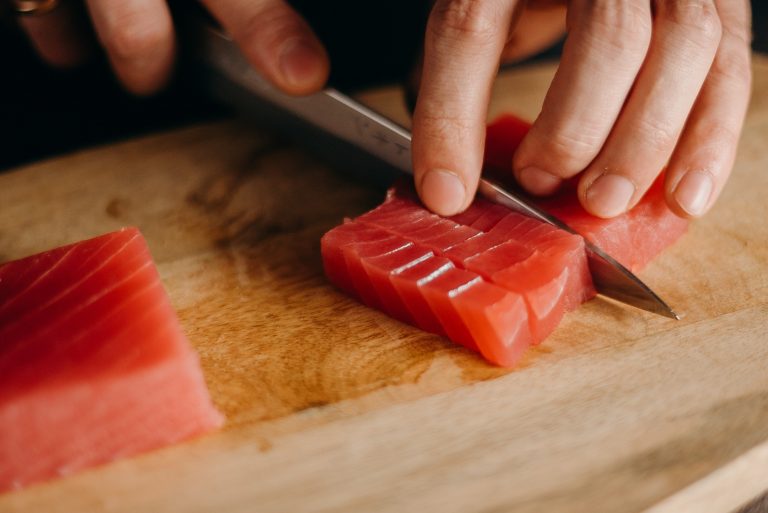
Tuna is a beneficial food for the body. It is rich in protein and omega 3. It is also rich in iron, vitamins B6 and B12, which help digestion and stress management. So, choose fresh and natural tuna.
Chicken breast

Lean protein sources, such as chicken, turkey, fish, eggs, and legumes (e.g. lentils, chickpeas) are pro metabolic foods that will support your physical activities by helping you create muscles. Moreover, chicken breast is rich in protein, vitamin B2 and is almost fat-free. So, this white meat is ideal for accelerating your metabolism.
Cabbage

Broccoli, kale, Chinese cabbage… They contain vitamin C, which has an “appetite suppressant” effect, generates energy and makes you want to exercise. This vitamin also helps in the synthesis of proteins and in the production of noradrenaline, the hormone responsible for extracting fat from fatty tissue.
Eggs

Eating one or two eggs once a week in the morning is optimal for being sated and to help your body build muscle. Eggs are high in protein and help to burn more fat. They can be boiled or fried.
Cottage cheese
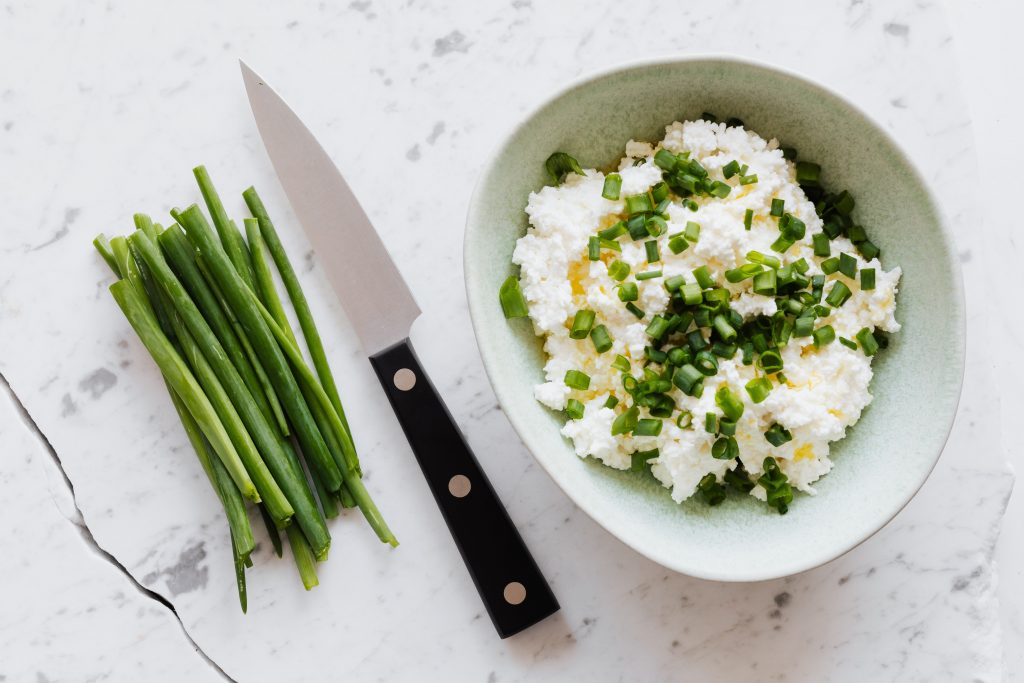
Rich in calcium, protein and low in fat. Cottage cheese helps to eliminate fat and stimulates the basal metabolism. The best part? It cuts hunger more than yogurt, which makes it a perfect ally for a snack between meals or as a dessert when you’re not quite full..
Berries

Berries are low in calories and sugar but high in fiber and antioxidants. Also, these pro metabolic foods contain a variety of vitamins and minerals, including vitamin C, folate, and potassium, which are important for overall health and metabolism. Overall, incorporating a variety of berries into your diet can be a delicious way to support optimal metabolic function and overall health.
A quick look at the pro metabolic eating diet principles
The aim of the pro metabolic diet is to incorporate healthy eating habits into a healthy lifestyle that respects the needs of your body. To help you do this, there are some key principles to follow:
1) Eat enough
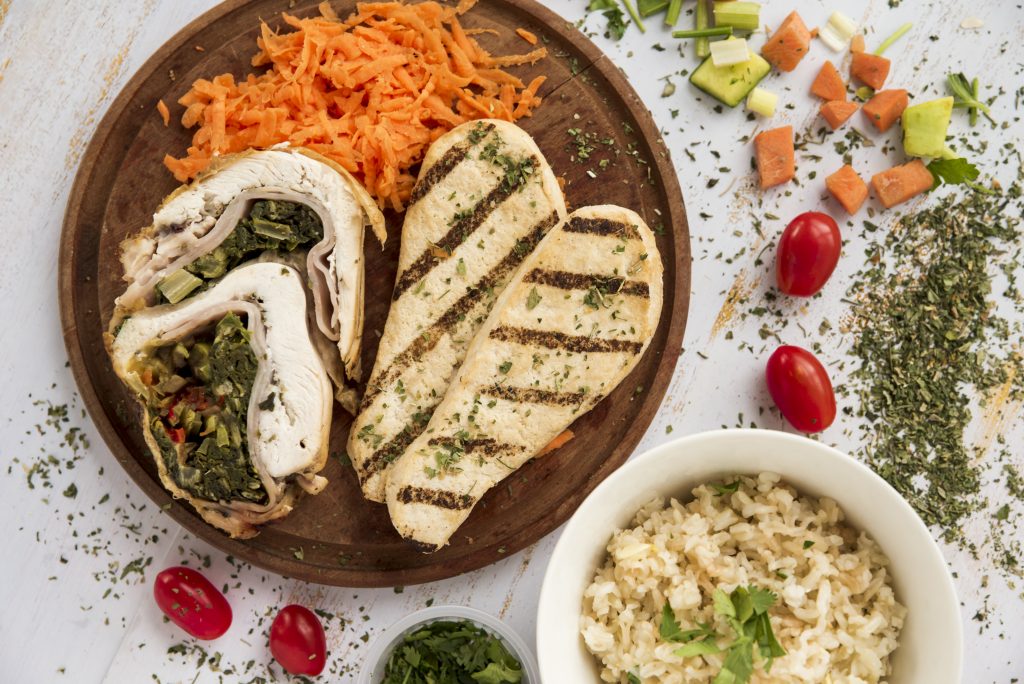
Many diets suggest cutting calories. However, when you eat less than your basal metabolic rate, the kilos lost in the first few weeks quickly lead to weight stagnation. But also, deficiencies, fatigue and sometimes a return to twice the lost weight. In this pro metabolic diet, by eating enough, you prevent your metabolism from saving itself in the long term.
2) Eat more often
Another principle of metabolic eating is to eat more often. Not by eating more, but by spreading your intake over four meals a day: breakfast, lunch, afternoon snack and dinner. You can add a snack in the morning and in the afternoon (wholegrain cereals or lean proteins). This regular diet prevents you from having an empty stomach and thus slowing down your metabolism.
3) Do not skip breakfast
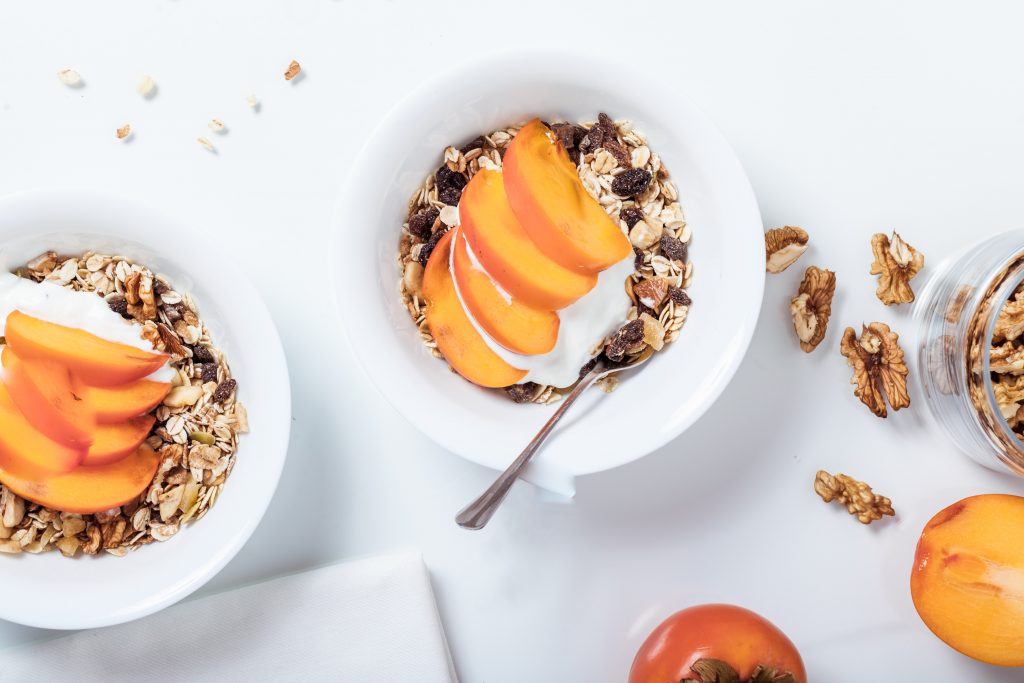
Breakfast is essential for waking up the body and boosting our metabolism. So don’t skip it under any circumstances! Ideally, you should have breakfast as soon as you wake up.
4) Drink frequently

Don’t forget to drink fresh water throughout the day. Indeed, frequent hydration will stimulate the metabolism and allow the breakdown of fat.
5) Eat iron-rich and metabolic booster products
Iron-rich products should also be included to maintain a rich diet and avoid deficiencies. Below you can find a list of products with their iron content:
- Sea kale : 16 mg
- Spinach, sesame : 14 mg
- Shellfish, oysters : 13 mg
- Drak chocolate 70% : 11 mg
- Beans, lentils, soybeans : 10 mg
- Dried tomato: 9 mg
- Black olive: 9 mg
- Egg, peas, beef liver, pork kidneys : 7 mg
- Beef, chicken : 6 mg
Also, you could integrate metabolism boosters into your diet such as:
- Green tea
- Cinnamon
- Blueberries
- Apples
- Garlic and oats
Always give preference to organic and fresh products.
6) Eat carbohydrates, protein & fat together

Protein and fat help to slow down the release of glucose into the bloodstream. The advantage of combining them together in this pro metabolic diet is that you will avoid blood sugar dips and spikes. And so, the big energy spikes, followed by the drops.
Pro metabolic diet meal plans
These pro metabolic meal plans includes frequent, small meals throughout the day, and focuses on nutrient-dense whole pro metabolic foods that support optimal metabolic function. It includes a balance of lean protein, complex carbohydrates, and healthy fats, as well as plenty of fiber, vitamins, and minerals. Remember to consult with a healthcare professional before starting any new diet or nutrition plan.
~ Monday
- Breakfast: 2 eggs cooked in coconut oil, 1 slice of sprouted grain toast, 1/2 avocado
- Mid-morning snack: 1 apple, 1 tablespoon of almond butter
- Lunch: Grilled chicken breast, 1 cup of mixed vegetables (broccoli, carrots, bell peppers), 1/2 cup of quinoa
- Afternoon snack: 1 hard-boiled egg, 1 small orange
- Dinner: Baked salmon fillet, 1 cup of roasted sweet potatoes, 1 cup of mixed greens (spinach, kale, arugula) with olive oil and vinegar dressing
- Before bed snack: 1 small serving of Greek yogurt with berries
~ Tuesday
- Breakfast: Greek yogurt with berries and chia seeds, 1 slice of sprouted grain toast with almond butter
- Mid-morning snack: 1 small handful of almonds, 1 pear
- Lunch: Tuna salad made with mixed greens, cherry tomatoes, avocado, and olive oil and vinegar dressing
- Afternoon snack: 1 small serving of hummus with carrot and celery sticks
- Dinner: Grilled chicken skewers with bell peppers and onions, 1/2 cup of brown rice, 1 cup of mixed vegetables (broccoli, carrots, cauliflower) with olive oil and garlic
- Before bed snack: 1 small serving of cottage cheese with pineapple
~ Wednesday
- Breakfast: Oatmeal with almond milk, berries, and sliced almonds
- Mid-morning snack: 1 hard-boiled egg, 1 small orange
- Lunch: Shrimp stir-fry with mixed vegetables (broccoli, bell peppers, onions, mushrooms) and 1/2 cup of quinoa
- Afternoon snack: 1 small apple, 1 tablespoon of almond butter
- Dinner: Grilled salmon with lemon and dill, 1 cup of roasted sweet potatoes, 1 cup of mixed greens with olive oil and lemon juice dressing
- Before bed snack: 1 small serving of Greek yogurt with honey
~ Thursday
- Breakfast: 2 eggs cooked in coconut oil, 1 slice of sprouted grain toast, 1/2 avocado
- Mid-morning snack: 1 small serving of cottage cheese with pineapple
- Lunch: Chicken and vegetable soup with whole grain crackers
- Afternoon snack: 1 small handful of almonds, 1 pear
- Dinner: Grilled flank steak with roasted vegetables (zucchini, onions, carrots), 1/2 cup of quinoa
- Before bed snack: 1 small serving of Greek yogurt with berries
~ Friday
- Breakfast: Greek yogurt with berries and chia seeds, 1 slice of sprouted grain toast with almond butter
- Mid-morning snack: 1 small apple, 1 tablespoon of almond butter
- Lunch: Grilled chicken breast with mixed greens salad (tomatoes, cucumbers, red onions, and olive oil and balsamic vinegar dressing)
- Afternoon snack: 1 hard-boiled egg, 1 small orange
- Dinner: Baked salmon fillet with lemon and dill, 1 cup of roasted sweet potatoes, 1 cup of mixed vegetables (broccoli, carrots, cauliflower) with olive oil and garlic
- Before bed snack: 1 small serving of cottage cheese with pineapple
Conclusion: A pro metabolic lifestyle!
To conclude, the pro metabolic diet is not a diet but a lifestyle that incorporates the power of food to improve health and wellbeing. It is a way of eating that focuses on the quality of what you eat, rather than just the quantity. The goal with metabolic eating is to focus on your body and metabolism needs. By following the key principles of this diet, you can help to optimize your metabolism, burn fat, build lean muscle, and support overall health and wellness.


